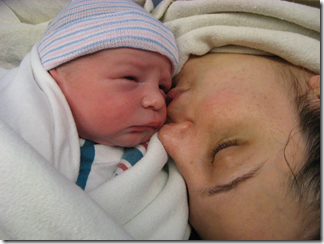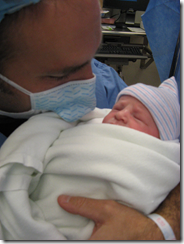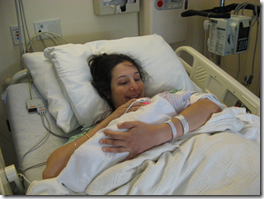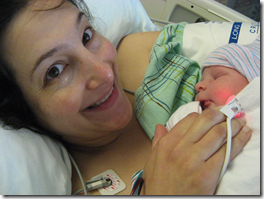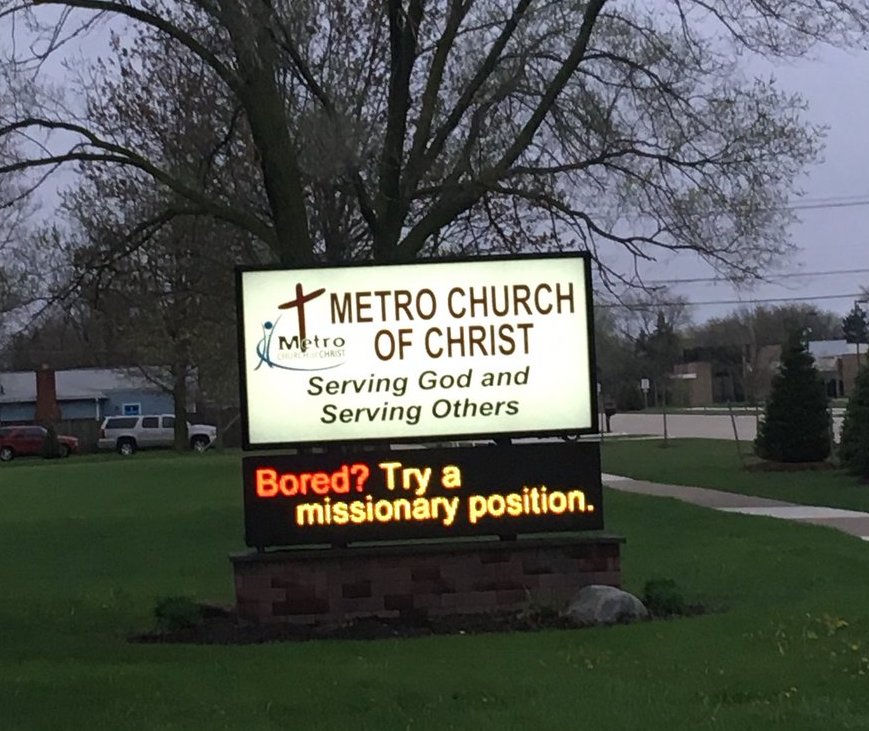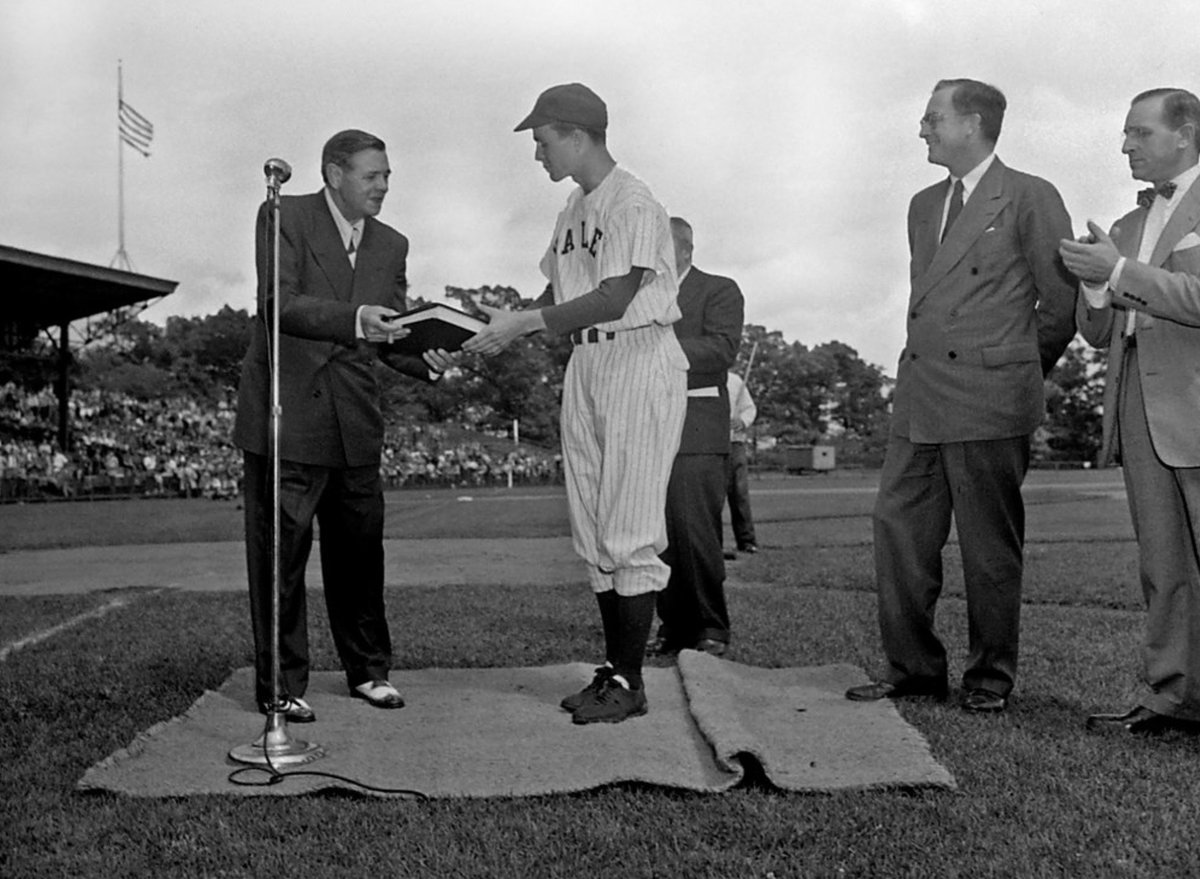Have some shame. Move out.
/Perhaps you've heard about Michael Rotondo?
He's the 30 year-old man who was recently sued by his parents in an effort to get him to move out of their home. His parents claimed that their son does not pay rent or help with chores, and has ignored his parents' offers of money to get him settled.
Despite doling out five eviction letters, Christina and Mark Rotondo say their son still refused to move out.
Michael argued that legally, he was not given enough notice to leave.
Two weeks ago Christina and Mark Rotondo won in court, and last week their son moved out. I'm not going to pretend to fully understand the dynamics of this situation well, nor should anyone else. It's probably a lot more complicated than it seems.
But what I know is this:
When my friends and I were 18 years-old and graduating high school, we could not wait to leave the home. Many of my friends went off to college or joined the military, and kids like me who weren't able to go straight to college moved into cruddy apartments with multiple roommates and multiple jobs in order to make ends meet. We slept on couches, converted closets into bedrooms, ate a lot of macaroni, shared the telephone with an upstairs neighbor, turned off the heat on all except the coldest nights, and struggled to make ends meet.
It was glorious.
I didn't know a single person who wanted to or remained at home after high school.
Admittedly, I didn't have a choice. I was strongly encouraged to leave after graduating, and "college" was a word never spoken aloud to me by parent, teacher, or guidance counselor, so I never saw higher education as something for me.
But even if my parents had invited me to stay well beyond high school, I don't think I would've stayed long.
I was also sleeping in a damp, unheated, poorly-lit basement bedroom at the time, so my childhood accommodations weren't exactly first rate.
Still, I can't see me staying in that house for more than another year, no matter my circumstances. There comes a point in a person's life when the desire for independence and a willingness to take on the world become irresistible.
Beyond that, there also comes point where shame should really take hold. At some point between the ages of 22 and 30 (and preferably a lot closer to 22), a person should start to feel the sting of embarrassment for not setting out on their own. Not testing their mettle. Not launching their future. And yes, this might mean finding roommates, taking on multiple jobs, and eating poorly, but these are things that every generation of young people endure.
These are the things that build character. Provide perspective. Strengthen grit and resolve.
Get your ass out of the house and find a way to make it work.
This is not to say that a person can't return home at some point. A messy divorce. An unexpected illness. A financial upheaval. If you have a home to return to, count your blessings and by all means get back on your feet. As someone who was briefly homeless, I know all too well how easily a person can fall from grace, and I understand all too well the fear of living on the street and wondering if you'll ever have a roof over your head again.
If you have parents who are able and willing to take you into their home, you're very lucky.
But if you're a 30 year-old man and you're living in your parents home after they have told you to leave multiple times, and you still refuse, you've lost any sense of shame. You've lost the all-important ability to feel embarrassed by the choices you've made and the desire to extricate yourself from those choices as quickly as possible.
Like a President who lies with impunity and feels absolutely no shame about being proven to be a liar again and again and again, the inability to feel shame over one's own behavior can lead to catastrophe.
In the case of Michael Rotondo, it means being evicted from your childhood home by your own parents.
In the case of our country, it means a devaluation and degradation of norms, an erosion in the faith of our free press, and a President who disgraces us on the world stage every damn day.

